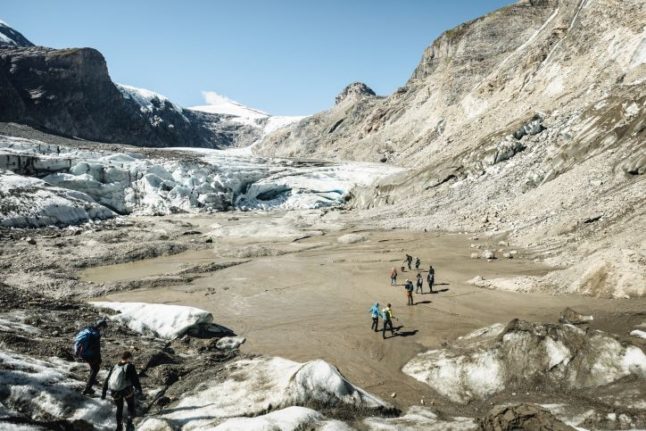Vienna's Ernst Happl stadium will become the venue on Saturday for the titanic clash between two teutonic teams — Austria versus Germany. This time though, it's not European football — instead, the countries are facing off against each other in gridiron, or American football.
The tournament has been running since 30 May, in Graz, St. Pölten and Vienna. Last year, Austria managed a respectable third place, so hopes are high in the nation for a result against their German-speaking cousins.
Expectations for an Austrian win are well-founded, given that much of the team came from the successful youth team in the European Youth Championship (for under-19s) in 2011 and 2013.
Six countries were represented in this year's championship, including Austria, Germany, Denmark, France, Finland and Sweden. Austria leads the points table, with 61 points from Group B versus Germany with 52 from Group A.
The action won't only be on the field, as organizers are following the US model with plans for a "game day" experience, including cheerleaders, fireworks, after-game parties, food and beverages and a rousing musical performance.
Entertainment includes Austrian Playboy model and singer, Cathy Zimmerman, who will sing (together with young rapper Slim21) the official theme song called "Let's Go."
This year's tournament is called "Eat the Ball". The American Football Society of Austria (AFBÖ) president Michael Eschlboeck sees the tournament as important not only as a sporting event, but also a way to spread the popularity of American-style football across Austria.
"After the World Championship in 2011, we are excited to bring Football back to Austria. With the fixtures in Graz, St. Poelten, and Vienna we are continuing to spark enthusiasm for our fascinating sport, especially among a young target group."
"With the European Championship, as with the World Championship, we have the opportunity to show our visitors on game day that Football is much more than merely action on the field. Our event is a day filled with entertainment for the entire family", he said.
The Local will be covering the match, so stay tuned for the latest news this weekend.



 Please whitelist us to continue reading.
Please whitelist us to continue reading.
Member comments